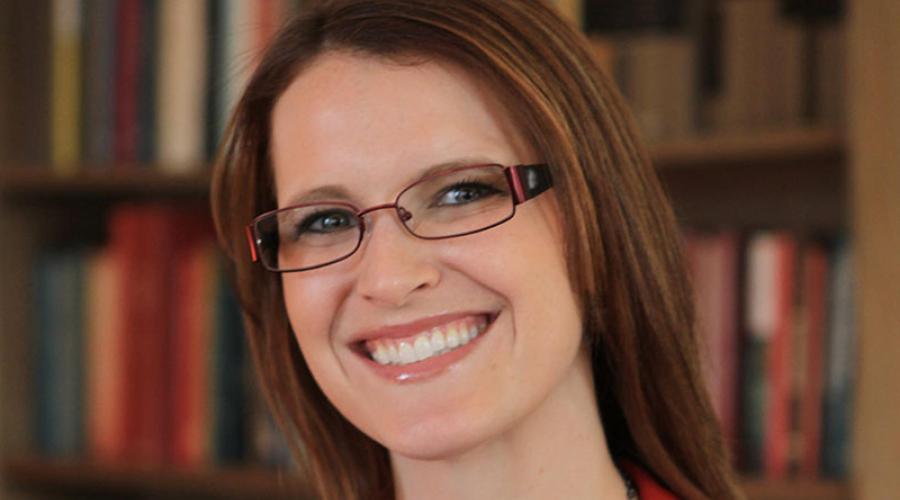
Judgment Calls
Women, next time you are tempted to go above and beyond the call of duty, know there’s likely more to it than a good work ethic.
“Gendered expectations” are also at play, whether or not we are aware of it, according to Assistant Professor Beth Livingston.
Consider the post-blizzard U.S. Senate session this week; only women senators showed up. U.S. Sen. Lisa Murkowski remarked that it could be that “something is genuinely fabulous,” perhaps a reflection of the “hardiness” of women in the face of snow conditions.
Livingston sees it differently.
“It actually demonstrates a different sort of hardiness – one in which powerful women feel a disproportionate need to show no weakness that would be perceived as a lack of commitment or seriousness because rsearch shows us the potential backlash for confirmation of such a stereotype is very real,” Livingston said.
It all starts with the two fundamental ways in which humans evaluate one another, especially those who are not part of the dominant group, she said.
Are you good at what you do?
Are you likeable?
Working women are often stereotyped, Livingston said, in one of two ways – competent – they can do the job – but cold and aloof, or warm and supportive, but inexperienced and incapable.
“Female politicians are acutely aware of this double bind—if they show their wonkiness on policy, they will likely be perceived as cold and unlikeable; if they show their warm, motherly side, they will likely be discounted as an intellectual lightweight,” she said.
“Because unlikeable people rarely get elected, women in politics often must highlight their warmth, and thus, they must go above and beyond to demonstrate their intelligence and capability in other ways.”
In the run-up to November’s presidential election, keep an eye on how candidates are judged on issues such as missing too many votes as elected officials.
Rarely does this seeming lapse in job performance impact a male candidate’s perceived competency for the presidency, but research on gender and stereotyping tells us female candidates would be unlikely to receive the same leniency, Livingston said.